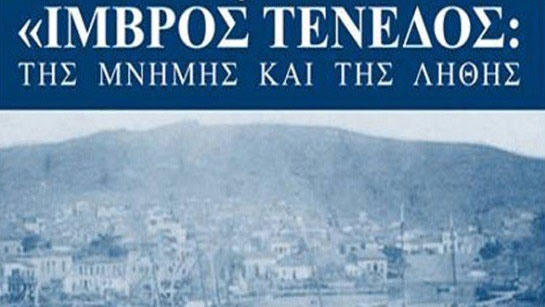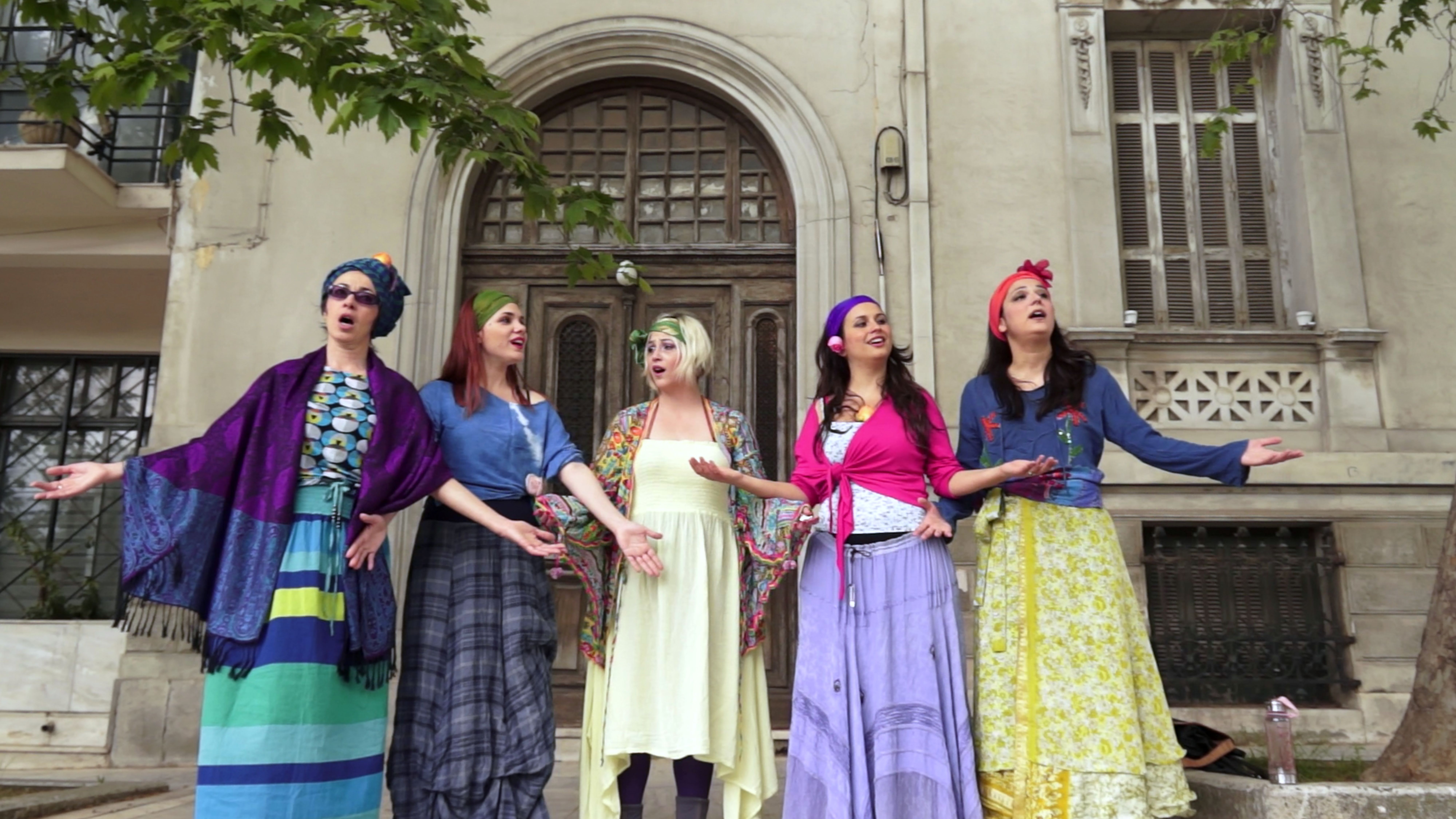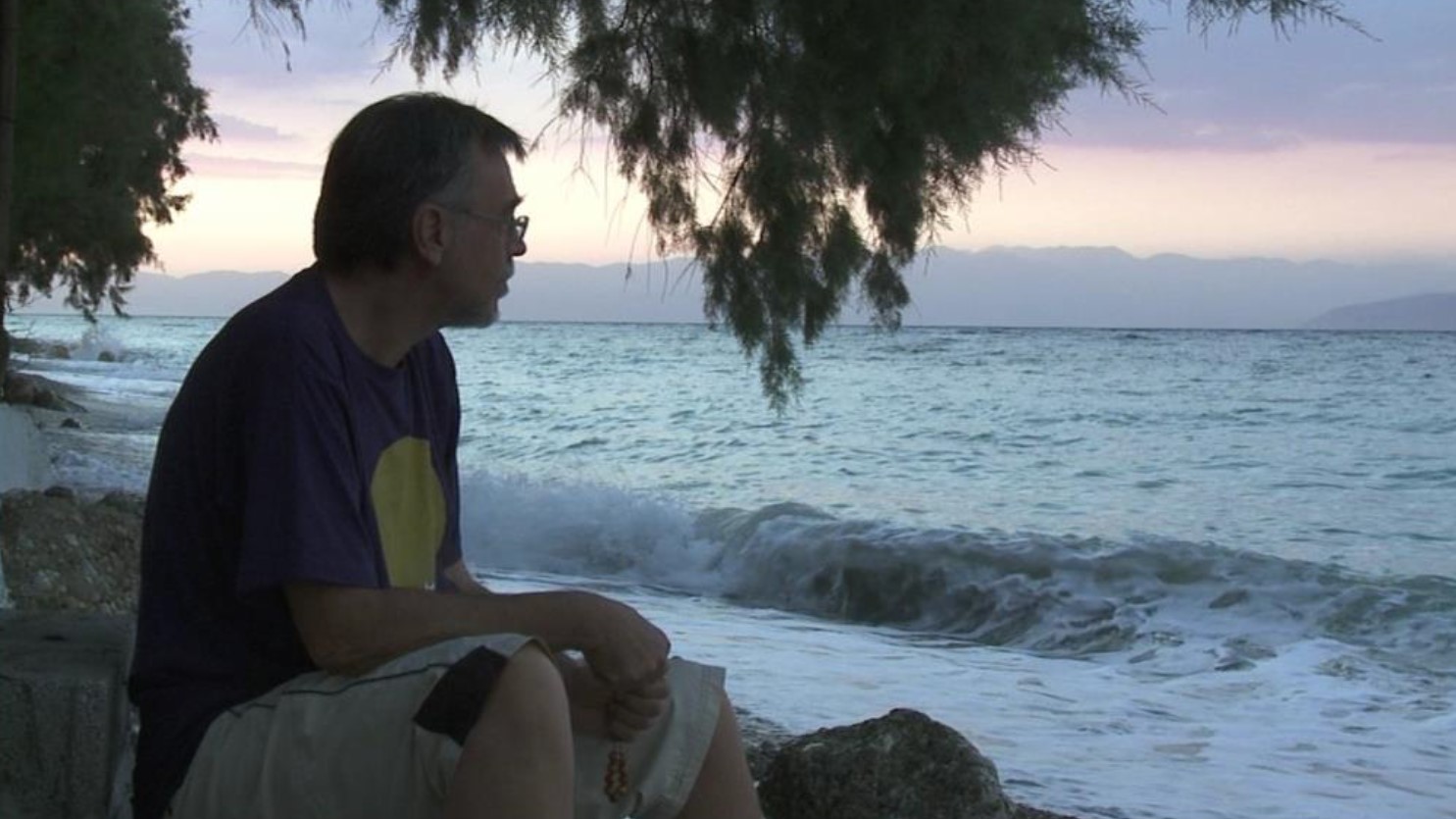Description
The Treaty of Lausanne (1923) which laid down the legal framework for the huge population exchange between Greeks and Turcs subsequent to the fall of the Ottoman Empire made an exception for Constantinople as well as two Aegean islands: Imbros and Tenedos. On these islands, situated North of Lesvos and close to the Turkish mainland, the Greek population was allowed to stay. Although they were to be existing under Turkish Sovereignty, a special administrative regime was to be created to allow for a peaceful coexistence.
But the reality played tricks with History, and the islands over large parts of the last Century were involved in unprecedented turmoils, all the while the population went from a large Greek majority to Turkish ultra-dominance. This was achieved in many different ways over the years, including through legal and fiscal discrimination, land spoliation and subsequent colonisation by Turkish settlers. In the process, Greek schools were closed on several occasions, and the local greek population slowly exiled itself to mainland Greece, to the US or to Australia.
At the occasion of the recent reopening of the Greek Primary School on Imbros Island, after 48 years, the Hellenic History Foundation has co-produced, along with Greek national broadcaster ERT, a mini-series of two historical documentaries: « Imbros – A tale of Memories » and « Tenedos, A Tale of Memories ». Each film records the history and culture, through the testimonies of their remaining 8 Greek habitants as far as Tenedos is concerned. In the case of Imbos, the films focuses on young Leandros, an Imbrosian descendant, with the intention that, when older, he may learn of the troubled history of his ancestors.






